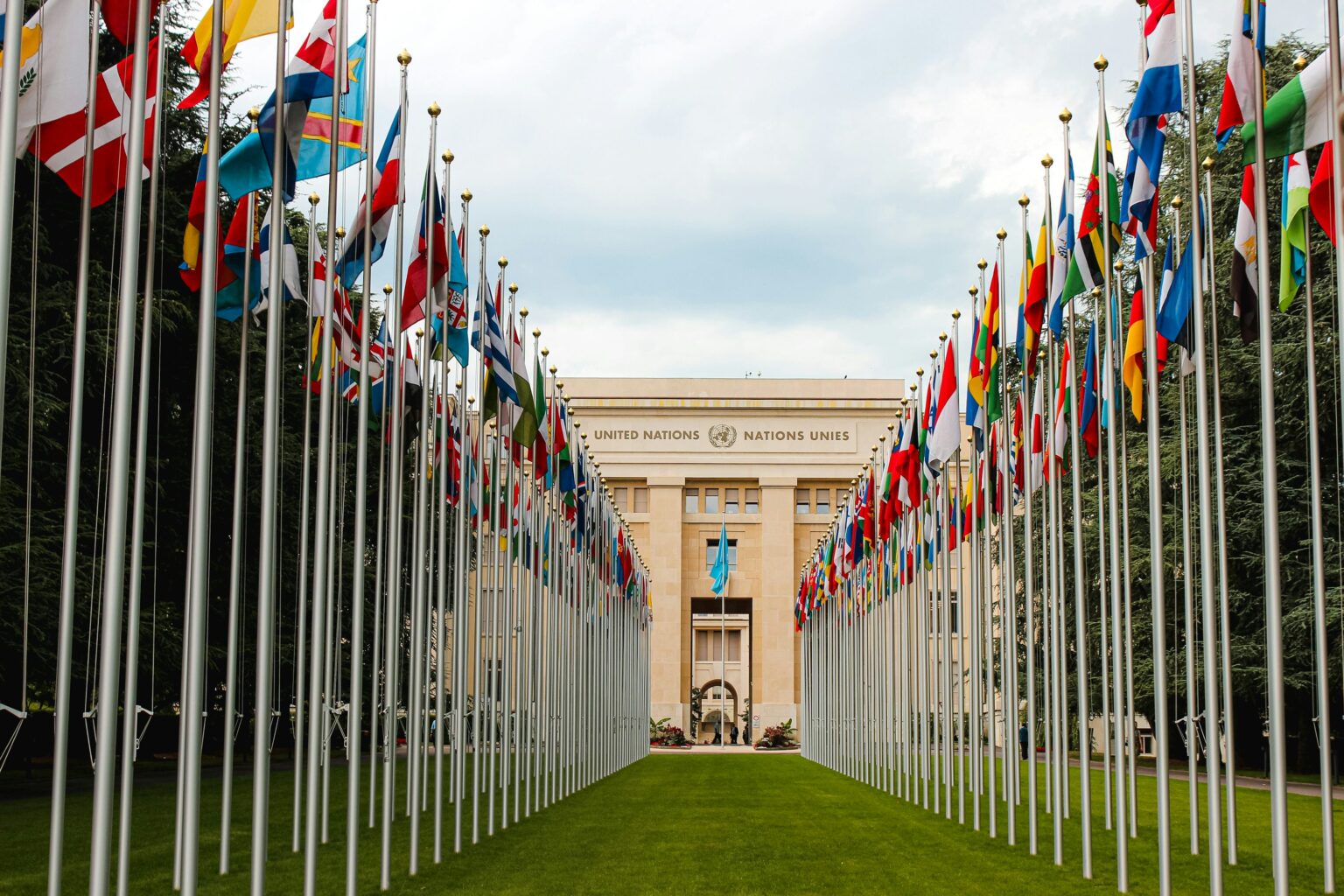At a Glance
- African leaders reshaped UN diplomacy through peace, reform, and global representation.
- Kofi Annan and Boutros-Ghali set historic milestones in UN leadership.
- Angie Brooks and Jean Ping advanced Africa’s voice in global governance.
Africa’s influence on global diplomacy is deeply tied to the historic leadership of its statesmen and women within the United Nations (UN).
Over the decades, African leaders have not only championed the continent’s interests but also played pivotal roles in reforming international governance, advancing peace initiatives, and amplifying the voices of developing nations on the world stage.
From Kofi Annan’s Nobel Peace Prize-winning leadership to Angie Elizabeth Brooks’ groundbreaking tenure as the first African woman to preside over the UN General Assembly, these visionaries transformed the UN’s approach to global crises, multilateralism, and inclusive representation.
This list spotlights the Top 10 African leaders in United Nations history, showcasing how their legacies continue to shape modern diplomacy, global peacebuilding, and Africa’s strategic rise in international affairs.
Kofi Annan (Ghana)
Secretary‑General of the United Nations (1997–2006), Annan was the first Black African to lead the UN. His tenure was marked by bold reforms, leadership during post-Cold War conflicts, and global health initiatives, including addressing HIV/AIDS in Africa.
In 2001, he shared the Nobel Peace Prize with the UN for their efforts to revitalize international cooperation.
Boutros Boutros‑Ghali (Egypt)
As Secretary‑General (1992–1996), Boutros‑Ghali was the first African and Arab diplomat to hold the position.
He became the sixth Secretary-General of the United Nations on 1 January 1992, his leadership saw decisive UN interventions in Somalia, Rwanda, Bosnia, and Angola.
Despite clashing with major powers like the U.S., his tenure laid a blueprint for UN peacekeeping operations during complex humanitarian crises.
Mongi Slim (Tunisia)
President of the UN General Assembly elected in (1961), Slim was the first African leader to hold this position. His term coincided with a critical period of decolonization, where he championed independence movements and strengthened Africa’s presence in global diplomacy.
Alex Quaison‑Sackey (Ghana)
As the first Black African President of the UNGA in 1964, Quaison-Sackey advanced discussions on racial equality and global development. His tenure cemented Ghana’s role as a diplomatic powerhouse during the post-independence era.
Angie Elizabeth Brooks (Liberia)
In 1969, Brooks became the first African woman to preside over the UN General Assembly, breaking gender barriers in global governance. Her leadership remains a milestone for women’s representation at the highest level of international diplomacy.
Salim Ahmed Salim (Tanzania)
President of the UNGA in 1979, Salim’s diplomatic career spanned decades, where he advocated for African independence movements, chaired emergency sessions, and strengthened Africa’s role in shaping peace and security dialogues.
Joseph Nanven Garba (Nigeria)
A military officer turned diplomat, Garba served as UNGA President (1989–1990), guiding the Assembly through the end of the Cold War. His leadership was pivotal during a transformative period for international relations.
Amara Essy (Ivory Coast)
Essy presided over the UNGA (1994–1995) while serving as Ivory Coast’s Foreign Minister. He was a central figure in West African diplomacy, focusing on post-colonial stability and regional economic cooperation.
Theo‑Ben Gurirab (Namibia)
As Namibia’s Foreign Minister and UNGA President (1999–2000), Gurirab elevated Namibia’s voice in global politics. His tenure coincided with UN reform efforts and post-apartheid Africa’s diplomatic resurgence.
Jean Ping (Gabon)
President of the UNGA (2004–2005), Ping was instrumental in promoting African Union priorities on the global stage. He championed UN reforms and highlighted Africa’s growing influence in international policy-making.















